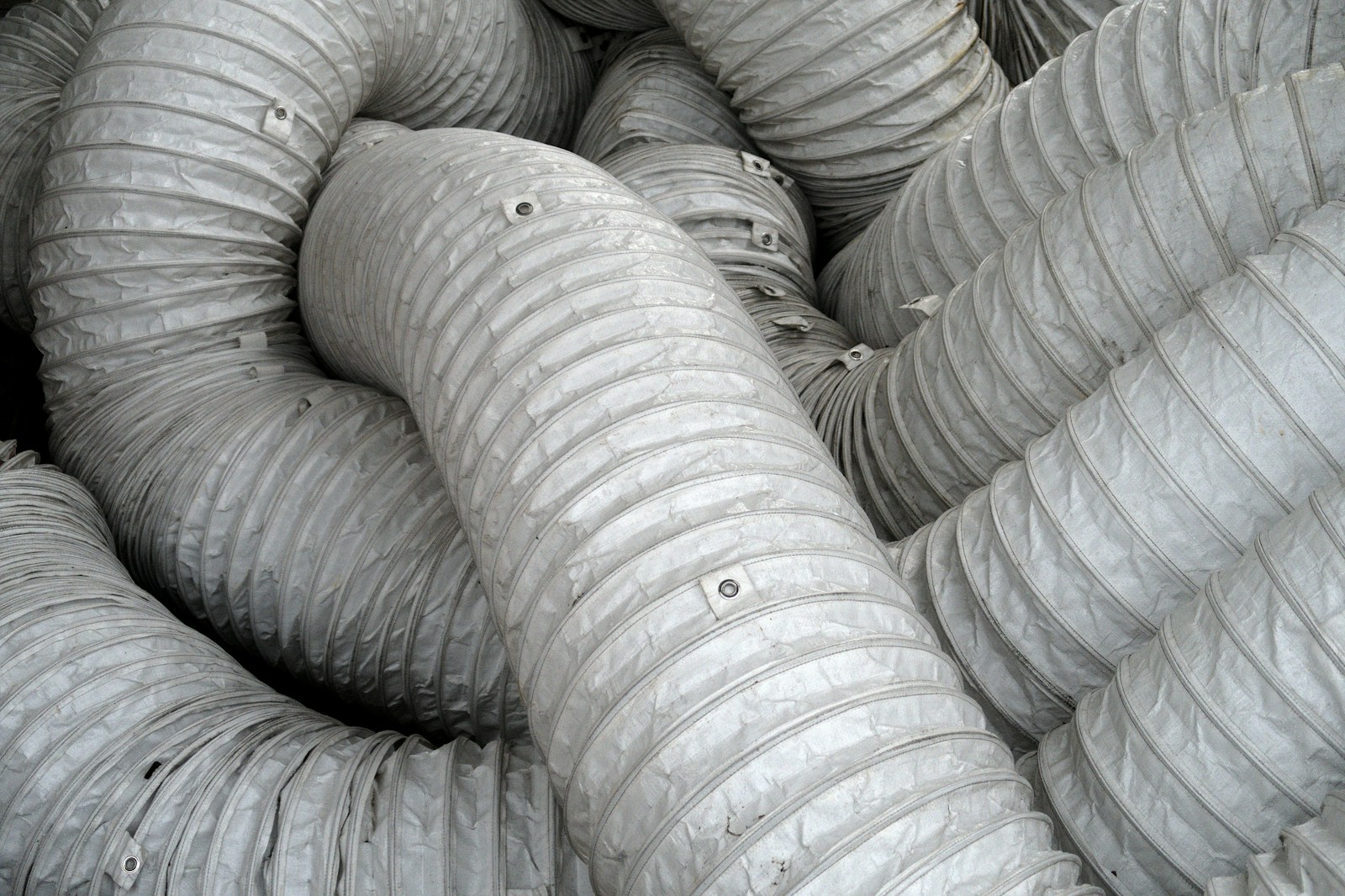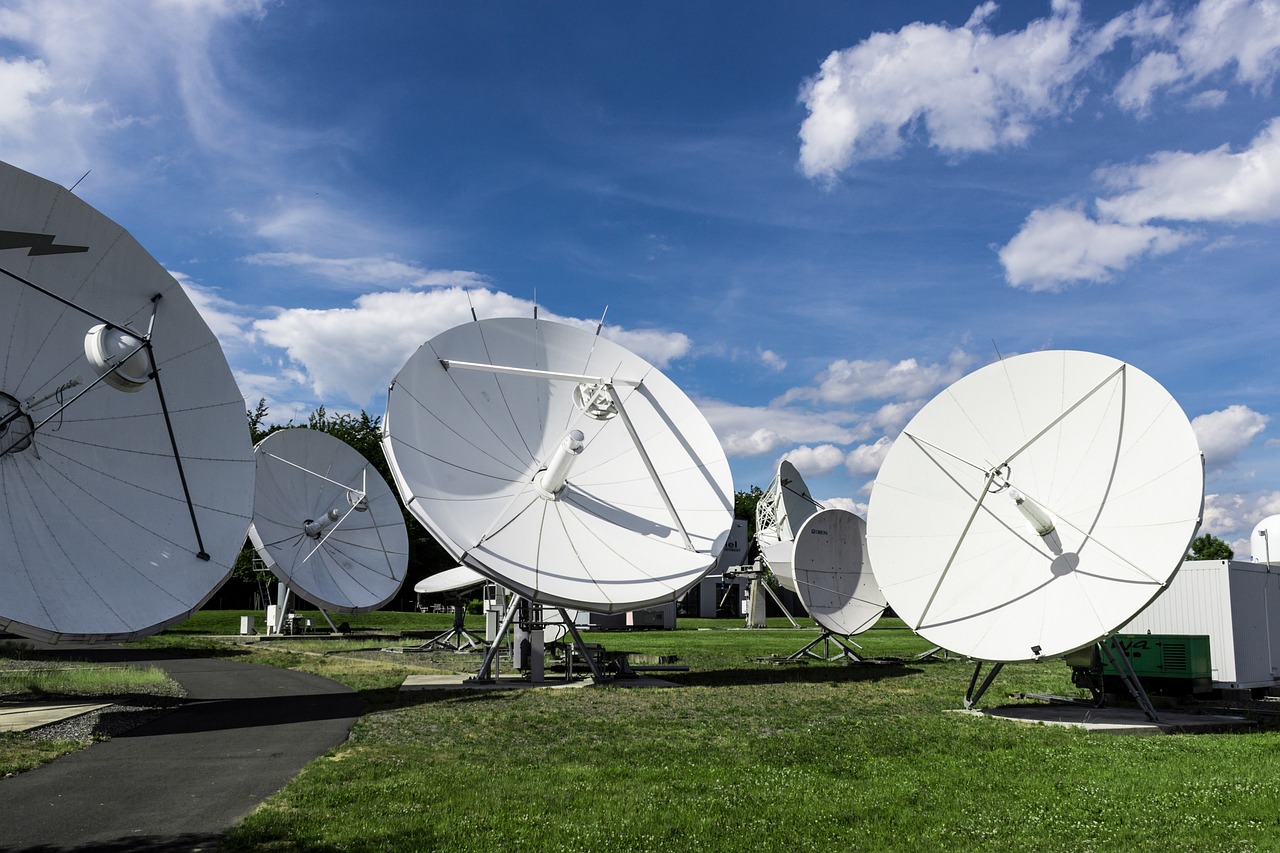Yes, a dirty air filter can absolutely hurt your air conditioning (AC) system—more than most people realize. While it may seem like a small and often overlooked component, the air filter plays a crucial role in keeping your AC system running efficiently and effectively. Ignoring it can lead to poor performance, higher energy bills, and even long-term damage to the system. Let’s break down how a dirty filter can impact your AC and why it’s essential to keep it clean.
1. Restricted Airflow
The primary job of an AC filter is to trap dust, dirt, pollen, and other airborne particles before they enter the system. Over time, the filter collects more and more debris, which can clog it up. When this happens, air has a harder time passing through. This restricted airflow means the AC has to work harder to cool your space, often running longer than it should. Not only does this increase energy use, but it also puts extra wear and tear on the system. AC repair in Ogden, Utah can really help.
2. Reduced Cooling Efficiency
If your AC can’t move air freely, it can’t cool your home efficiently. A dirty filter can cause the evaporator coil (the part that absorbs heat from the air) to become too cold and even freeze up. When this happens, the AC loses its ability to cool properly. You might notice that some rooms don’t get as cold as they used to, or the overall temperature in your house doesn’t match the thermostat setting.
3. Higher Energy Bills
As your AC struggles to push air through a clogged filter, it uses more electricity. This inefficiency shows up in your monthly energy bills. According to the U.S. Department of Energy, replacing a dirty filter with a clean one can lower your air conditioner’s energy consumption by 5% to 15%. That’s a noticeable difference just from a simple, inexpensive maintenance task.
4. System Damage Over Time
In the long run, running your AC with a dirty filter can lead to serious problems. The strain on the system can cause the motor to overheat or even fail. A frozen evaporator coil might result in water damage or expensive repairs. Worst case scenario: you could end up needing a whole new unit much sooner than expected. Regular filter changes help protect your investment and extend the lifespan of your AC.
5. Poor Indoor Air Quality
Besides hurting your AC, a dirty filter also affects the air you breathe. When filters are clogged, they can’t trap pollutants effectively. This means more dust, allergens, and bacteria circulate in your home, which can trigger allergies or respiratory issues—especially in children, the elderly, or those with asthma.
To sum it up, yes—a dirty filter can definitely hurt your AC. It restricts airflow, reduces cooling efficiency, raises energy costs, and may lead to expensive repairs or even system failure. Fortunately, the solution is simple: check your filter every month, especially during peak cooling seasons, and replace it as needed (typically every 1–3 months). It’s a small habit that goes a long way in keeping your home comfortable and your AC running smoothly.



